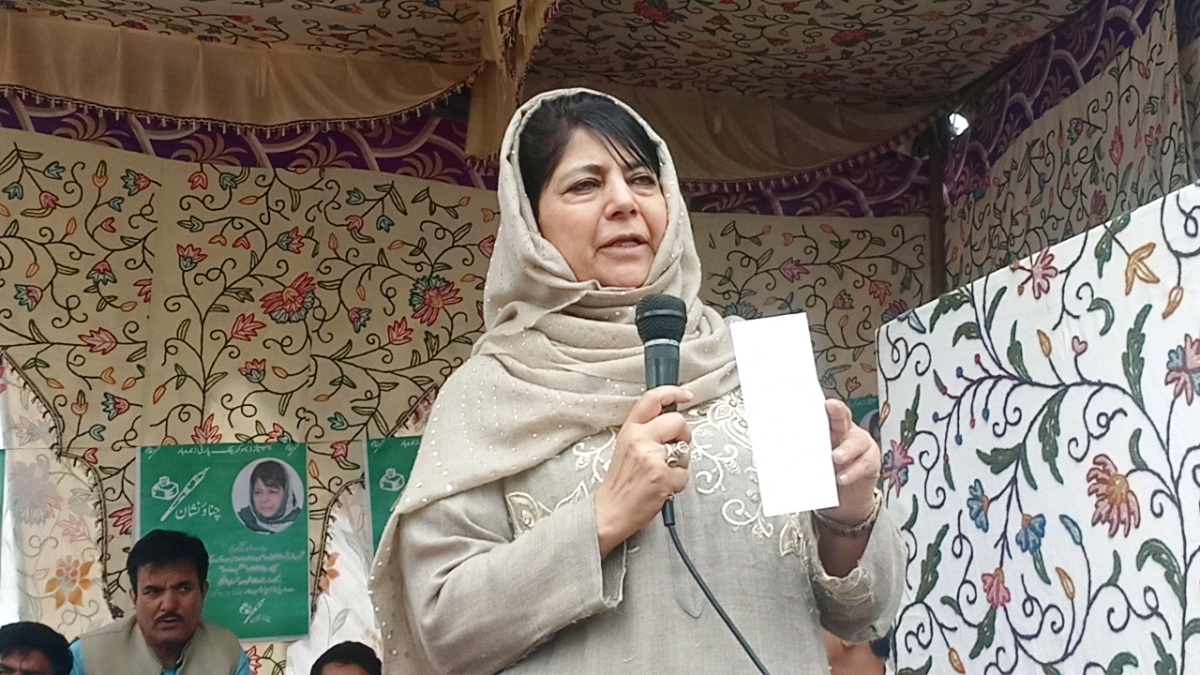SRINAGAR: The Lucknow bench of the Allahabad High Court declared the UP Board of Madarsa Education Act, 2004, unconstitutional, citing violations of secularism principles, as well as articles 14, 21, 21-A of the Constitution, and section 22 of the University Grants Commission Act of 1956, media reports said.
This ruling effectively prohibits Islamic schools in Uttar Pradesh, India’s most populous state. The decision, further mandates the transfer of students to conventional schools. It also said that additional seats be created (in these schools) and even new schools be established, if needed.
The court order affects 2.7 million students and 10,000 teachers in 25,000 madrasas, where one-fifth of the 240 million people are Muslims, according to Iftikhar Ahmed Javed, head of the board of madrasa education in the state, as quoted by Reuters.
“The state government shall also ensure that children between the ages of 6 to 14 years are not left without admission in duly recognised institutions,” Judges Subhash Vidyarthi and Vivek Chaudhary wrote in their order, which was made on the basis of an appeal by lawyer Anshuman Singh Rathore.
The court said, “No doubt the state has sufficient power to frame laws about education to be provided at school level, both primary and thereafter up to intermediate; however, such education has to be secular in nature.”
“The state has no power to create a board for religious education or to establish a board for school education only for a particular religion and philosophy associated with it. Any such action on the part of the state violates the principles of secularism, which is in the letter and spirit of the Constitution of India. It also found the education imparted by the madarsas to be lacking in quality and universality,” court observed.
The petition was filed by advocate Anshuman Singh Rathore, who contested the constitutionality of the legislation enacted by the former Mulayam Singh Yadav administration. Rathore argued that the law contravened the principle of secularism, a fundamental aspect of the Constitution’s basic structure, along with violating articles 14 (equality before the law), 15 (prohibition of discrimination based on religion and caste), and 21-A (right to education), among other grounds.















